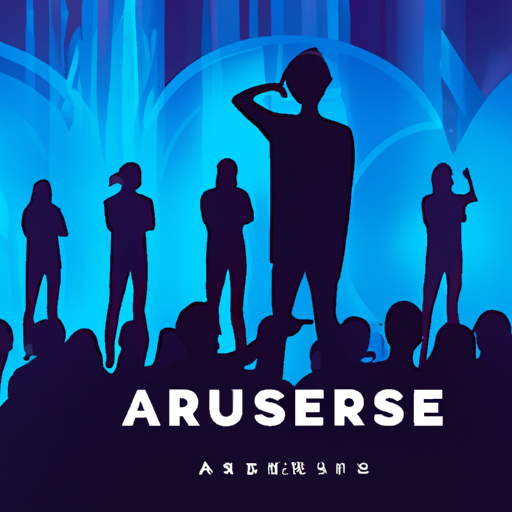AI Influencers: Exploring the Rise of Virtual Influencers
The Rise of AI Influencers: Shaping the Future of Digital Marketing
Influencers have long been a driving force in the world of social media, shaping trends and influencing consumer behavior. With an industry valued at over $20 billion, it's clear that influencers hold a significant place in the marketing landscape. However, the influencer landscape is now undergoing a transformation with the emergence of AI influencers. These virtual entities, such as Lil Miquela and Lu of Magalu, are revolutionizing digital marketing and blurring the lines between reality and the virtual world.
AI influencers, created using advanced technologies like CGI and natural language processing, offer brands new ways to engage with their audiences. They operate through sophisticated algorithms that allow them to simulate human social media activity, from posting selfies to engaging in public debates. This level of realism and interactivity opens up endless possibilities for content production, consumption, and marketing.
One of the key advantages of AI influencers is their scalability. Unlike human influencers, who have limitations in terms of time and availability, AI influencers can work around the clock, engaging with audiences globally. This makes them a cost-effective option for brands looking to maximize their marketing reach. Additionally, AI influencers offer brand consistency, as they are programmed entities controlled by their creators. This controlled reliability ensures that every post and interaction perfectly aligns with the brand's image and messaging.
However, there are challenges that come with AI influencers. Ensuring authenticity is crucial, as audiences need to know they are interacting with a digital entity and not a real person. Transparent disclosure about the AI-driven nature of these influencers is essential to maintain trust. Another challenge is the potential for ethical issues, such as misleading consumers or perpetuating stereotypes. Brands must approach AI influencer marketing thoughtfully, ensuring they promote diversity and positive standards.
Despite these challenges, AI influencers are here to stay. They will not replace human influencers but rather complement them. AI influencers provide scalability, cost-effectiveness, and brand consistency, while human influencers bring the genuine, emotional connection that resonates with audiences. The future of digital marketing will likely involve a combination of both AI and human influencers, with AI taking on the heavy lifting of handling data and reaching global audiences, while human influencers add that personal touch.
As we navigate this mixed future, it is crucial to adhere to ethical standards and maintain transparency. AI influencers offer unique advantages, but it is important to use this technology responsibly and effectively. Striking the right balance between technological innovation and authentic human engagement is key to leveraging the potential of AI influencers while building trust with audiences. By doing so, brands can tap into a new frontier of marketing and create a dynamic and effective marketing ecosystem.
